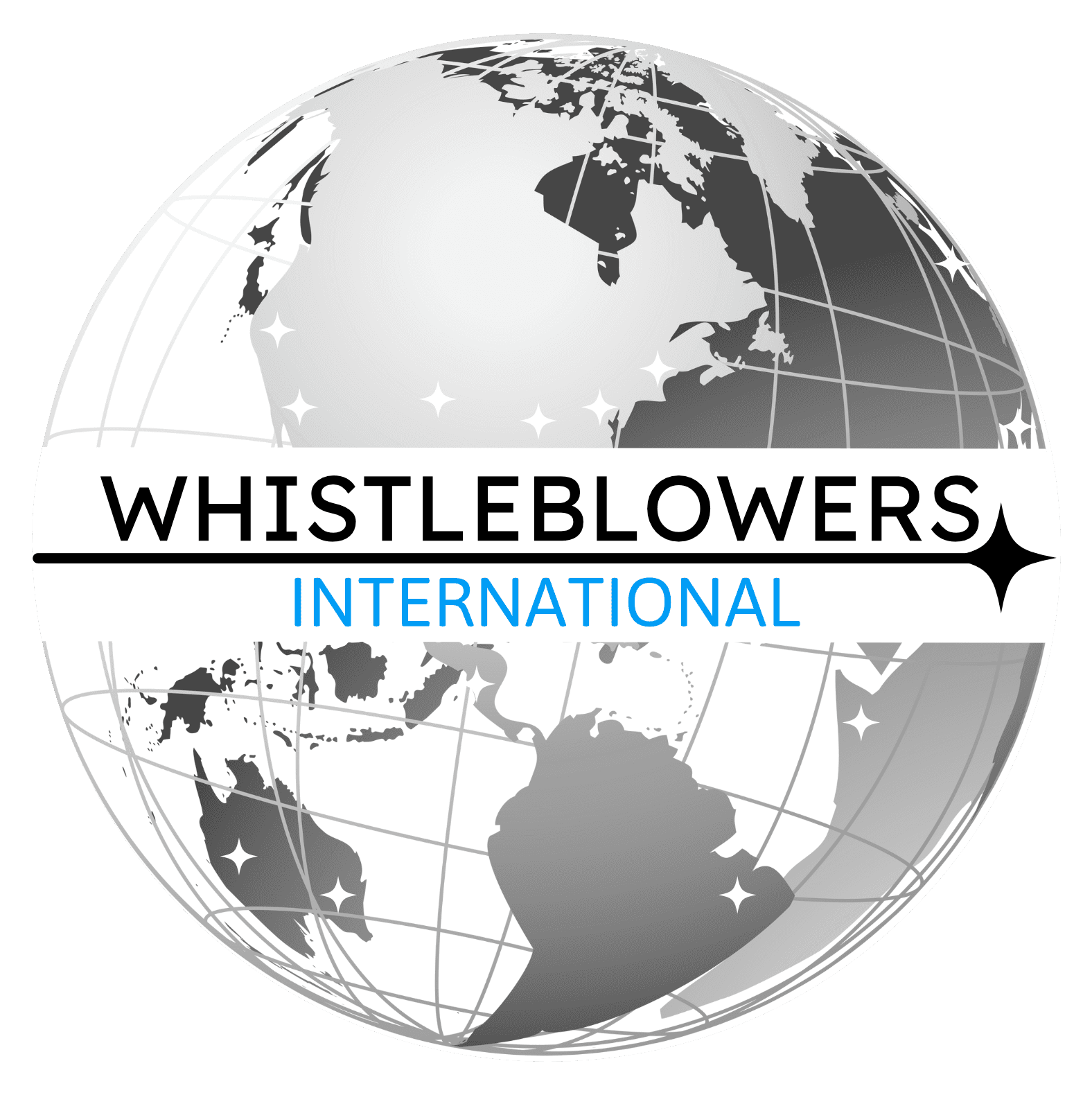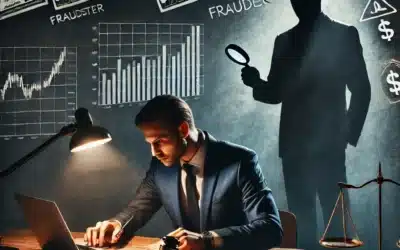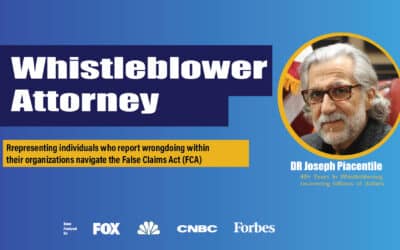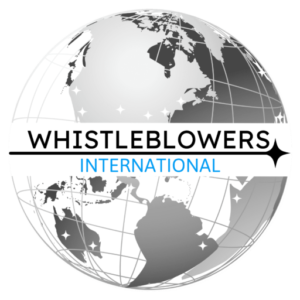WHAT IS A QUI TAM?
WHAT IS A QUI TAM?
Qui tam is the legal process where an individual whistleblower sues or prosecutes in the name of the government and shares in the proceeds of any successful litigation or settlement. Whistleblowing laws encourage private individuals to help the authorities enforce rules and uncover hard to detect fraud. In the United States, several federal and state laws allow both citizens and foreign residents to file these cases.
Qui tams effectively enlist the public in recovering civil penalties and forfeitures. The individual who steps forward and sues in the government’s name will be eventually rewarded with a portion of the recovered proceeds. Under current laws, that percentage ranges from 10% up to 50% depending on several factors including the specific type of fraud the relator uncovered and the strength and timing of his case.
HISTORY OF QUI TAMS
The name qui tam originates from a longer Latin phrase that could be roughly translated into “an individual who prosecutes for himself as well as on behalf of the King.” The concept originates from an era before either common law or democracy even existed. The earliest known example dates to the 695 declaration of King Wihtred of Kent. Under this statute, anyone who reported someone who had broken the rule that prohibited working on the Sabbath would receive one-half of the fine and the profits of the lawbreaker’s labor. By the 14th century, most English Kingdoms had their own “on behalf of the King” provisions. Wihtred and other English monarchs used this early legislation to encourage their subjects to report those in the Kingdom who broke laws or failed to pay tariffs. These reward systems effectively expanded a crown’s ability to enforce its own laws at no additional expense.
As early whistleblowers increased in popularity, they spread outside of England and eventually reached the Americas. A number of statutes existed throughout the United States during colonial times. After a costly Revolutionary War, the first U.S. Congress saw qui tams as a method to enforce the young country’s authority during a period when the newly-born government had few enforcement resources itself.
In 1863, Abraham Lincoln signed the most influential and enduring whistleblowing legislations of all time, the False Claims Act (FCA). This act has persisted since its enactment and grown stronger during its 150-year history. It also influenced the creation of other programs with relators provisions, including the IRS Office of the Whistleblower and the SEC Whistleblower Program.
Contact Us Today
The information submitted will be submitted to the law firm of Piacentile, Stefanowski & Associates LLP d/b/a Whistleblowers International. This communication does not create an attorney-client relationship and is submitted only for the purpose of evaluating your claim to see if this is something we are able to help you with. By contacting us, you certify that you are a potential client making a bona fide inquiry about obtaining legal services to address a potential whistleblowing legal claim. Past results do not guarantee future outcomes. While this submission does not create an attorney-client relationship, all information submitted will be kept strictly confidential per legal ethics rules since this information is submitted in contemplation of a potential attorney-client relationship. No attorney-client relationship is formed until it is determined after evaluation with you that this is something we can take on and a retainer agreement is signed by you and the law firm of Piacentile, Stefanowski & Malherbe LLP d/b/a Whistleblowers International. Please also understand that by submitting your information, there is no guarantee that we will contact you in response, as at any given time, there are only a limited number of claims we are able to take on and pursue. If we do not contact you within 3-business days of your submission, please reach out to another whistleblower law firm if you are interested in pursuing your matter.
Our Areas of Practice
Healthcare Fraud
Securities / Derivatives Fraud
Fraud Against the Government
Tax Fraud
Cryptocurrencies Fraud
Defense Contractor Fraud
Money Laundering
Foreign Corrupt Practices Act
DR. JOE’S CASES HAVE BEEN FEATURED IN:





COMMITTED TO GLOBAL TRANSPARENCY
Unmasking Investment Fraud: A Private Investigator’s Guide to Navigating Financial Scams
As a private investigator specializing in investment fraud cases, I've seen countless victims fall prey to sophisticated schemes that exploit their trust and hard-earned money. Over the years, I’ve gathered insights on how to spot fraud, protect investments, and take...
Whistleblower Attorneys: Protecting Those Who Speak Out Against Fraud
At Whistleblowers International, we specialize in representing courageous individuals who report fraud, misconduct, or illegal Whistleblower Attorneys: Protecting Those Who Expose Fraud At Whistleblowers International, we are...
Financial Crimes Enforcement Network (FinCEN): An Overview
The Financial Crimes Enforcement Network (FinCEN) is a bureau within the U.S. Department of the Treasury that plays a critical role in safeguarding the financial system against illicit activities such as money laundering, terrorist financing, and other financial...
What is FinCEN?
The Financial Crimes Enforcement Network (FinCEN) is a bureau of the U.S. Department of the Treasury dedicated to combating financial crimes, such as money laundering, terrorist financing, and other illicit activities that exploit the financial system. Established in...
PCBs and Cancer: Understanding the Risks and Connections
Polychlorinated Biphenyls (PCBs) are chemical compounds that were widely used in industrial applications before their ban in the late 1970s due to health concerns. One of the most significant risks associated with PCB exposure is cancer. Numerous studies have explored...
Understanding the Current PCB Legal Landscape and Emerging Cases
Polychlorinated Biphenyls (PCBs) Polychlorinated Biphenyls (PCBs) have been the subject of numerous lawsuits for decades due to their widespread use and enduring impact on the environment and public health. Despite being banned in the late 1970s, PCBs continue to pose...
Understanding PCB Exposure: Common Questions and Answers
What is PCB Exposure? Q: What is PCB exposure? A: PCB (Polychlorinated Biphenyl) exposure refers to contact with these man-made chemicals, which were widely used in various industrial applications from the 1930s until their production was banned in many countries in...
Top U.S. Government Contractors and the Risks of Procurement Fraud
The U.S. government is one of the largest purchasers of goods and services globally, spending hundreds of billions annually on contracts with private companies. While these contracts provide significant business opportunities, they also come with risks, including the...
Understanding Government Contract Fraud: Can Contractors Be Criminally Charged?
Government contract fraud is a significant issue affecting both the federal government and the private sector. With billions of dollars allocated to government contracts annually, instances of fraud have emerged as a critical concern. This article explores whether...
Understanding Securities and Commodities Fraud: Insights from a Lawyer’s Perspective
Securities and commodities fraud can be complex and overwhelming to navigate, especially if you're facing legal challenges in these areas. This blog post aims to shed light on the essential aspects of securities and commodities fraud, answering key questions and...
The information on this website is for general information purposes only. Nothing on this site should be taken as legal advice for any individual case or situation.
We do not accept cases in all jurisdictions. No representation is made that the quality of the legal services to be performed is greater than the quality of legal services performed by other lawyers. Prior results do not guarantee a similar outcome. This information is not intended to create, and receipt or viewing does not constitute, an attorney-client relationship. While we will treat any information provided as privileged and confidential, you should understand that when you provide information about a potential case to us, we do not become your attorneys. We do not represent you until we have agreed to do so and a retainer has been signed by both of us. This information is not intended to create, and receipt or viewing does not constitute, an attorney-client relationship. This website may be considered attorney advertising in some states.
© 2024 All Rights Reserved.




